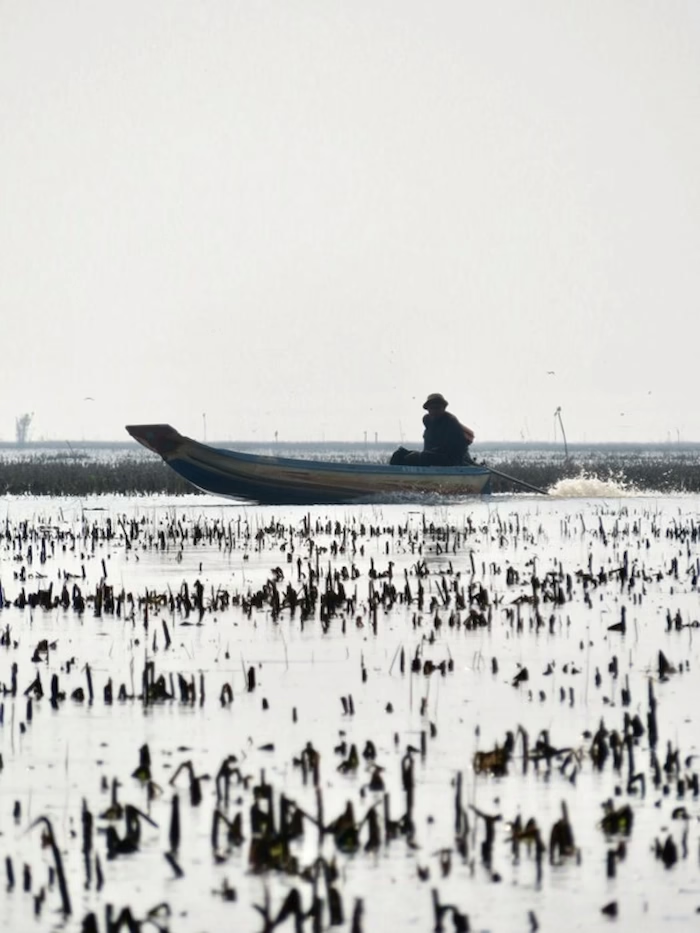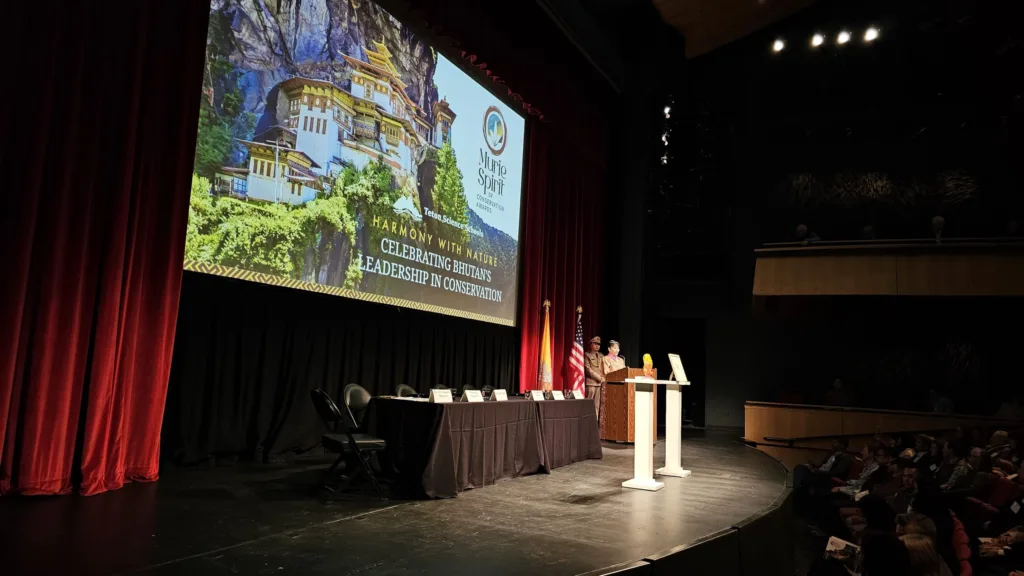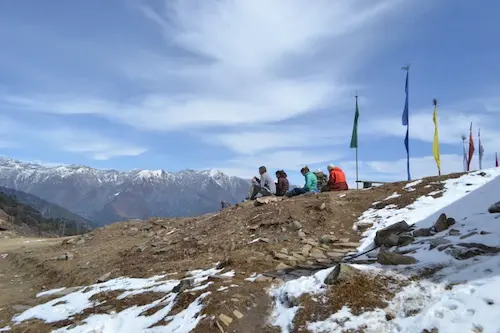Academic Highlights from Kenya
Name: John Kiringe, Ph.D.
Position: Associate Professor in Wildlife Ecology
Program: Wildlife Management Studies, Kenya
Students have been immersed in various academic activities since the beginning of the semester. Some of the key highlights include:
Students have visited Amboseli National Park where they have learned how to identify  large African mammals and wildlife management challenges facing the park. In late September, they participated in a total count of wildlife in the park together with Kenya Wildlife Service staff and other stakeholders, such as the Amboseli Elephant Research Project and the African Wildlife Foundation.
large African mammals and wildlife management challenges facing the park. In late September, they participated in a total count of wildlife in the park together with Kenya Wildlife Service staff and other stakeholders, such as the Amboseli Elephant Research Project and the African Wildlife Foundation.
Another highlight has been the field-based traveling lecture led jointly by the three faculty covering Kimana, Mbirikani, and Kuku group ranches. Different environmental and natural resources conservation issues within the group ranches were elaborated through a multi-disciplinary approach drawn from Wildlife Ecology, Environmental Policy, and Wildlife Management.
The faculty discussed in detail the water situation in the ranches and its implications to wildlife conservation, pastoralism, local livelihoods, and community health. They also presented to the students an overview of the Community Environmental Facility (CEF) funded Kimana Water Conservation Project including the envisaged benefits, implementation process, and community role and participation. Other aspects that were covered from the ecology dimension is the trend and status of the group ranch rangelands and their effects on water quality, pastoralism, wildlife conservation, human-wildlife conflicts, resource conflicts (pasture and water) and local livelihoods. The linkage between range degradation and climate change were also examined. Later, students participated in a range condition assessment field exercise on selected sites in Kuku group ranch designed from the Center’s Five-Year Research Plan (5YRP) where the Wildlife Ecology class has examined the trend and range condition in the Amboseli Maasai group ranches and implications to local communities and wildlife conservation.
The Environmental Policy classes have given students hand-on experiences such as the extent and types of human-wildlife conflicts experienced by locals and their effects on local livelihoods, and perception towards wildlife and its conservation. The have also learned how locals deal with the conflicts and effectiveness of the strategies used.
The highlight of the final part of the session before the students cross over to Tanzania is a five-day expedition in Lake Nakuru National Park, located in the Rift Valley. The park is one of the important Ramsar sites and rhino sanctuaries in the country. It’s also one of the most visited parks and generates a lot of revenue for the Kenya Wildlife Service, but faces major internal and external challenges given that it’s completely fenced and lies close to a fast growing and changing urban center and catchment. Students learned many ecological and management challenges affecting the viability of the park and some of the interventions being used to help sustain the park’s mammalian and avian fauna.
Related Posts

Framing Prek Toal: Photography, Conservation, and Life on the Tonle Sap


